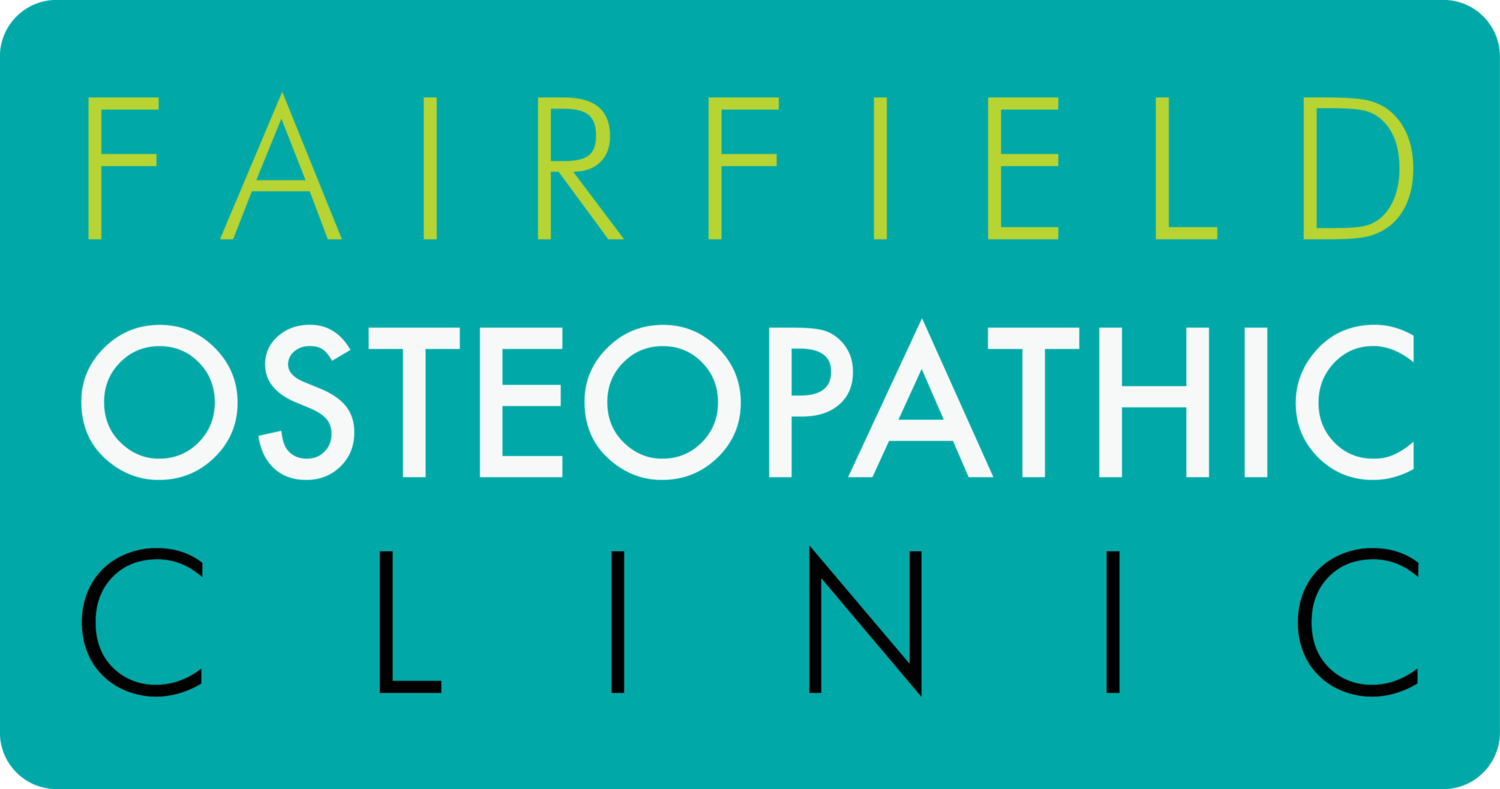What’s RIGHT with me?
A colleague recently posted a link to a study that focused on spousal bereavement, or in layman’s terms, the feelings we experience when we lose a loved partner. There are multiple studies on the impact of health after the death of a partner and there is a resultant increase in GP visits for both physical and mental ailments (1).
With all those increased visits to the GP, there comes with it the potential for the GP themselves to feel helpless as a caring health practitioner. Having a sad and bereft person sitting in front of you may not be the regular focus of their practice and there are always time pressures involved. Hence the potential for patients being offered a ‘diagnosis’ of depression (2) and anti-depressants are prescribed as a relatively cheap intervention for people’s suffering. Albeit, with only a small benefit (3). Importantly, in this interaction, we need to acknowledge that most people visiting the GP don’t want to keep feeling the way they feel and are pleased with a label and a solution.
AND THE MORAL OF THE STORY IS?
My long-winded point is that we can be prone to pathologize* something that is completely, whilst unfortunate, normal. It is normal to feel anxious, sad, etc. and the question arises when does this cross over into something abnormal or into a ‘diagnosable’ condition? Perhaps the practitioner is relieved to give it a name, or equally, perhaps the patient is? Either way everyone’s intention is to ease suffering.
Over diagnosis and over prescription for depression is concerning, but what’s the link to pain?
PAIN IS NORMAL
Pain is normal. It might be irritating, confronting or downright awful but it’s infrequently insufferable. And on most days, pain is essential for our survival. It protects us from touching hot things that will burn us, it causes us to stop the flow of blood when we cut our finger, it makes us stop and rest when we’ve torn a ligament in our ankle and it stops us overloading to the point of heatstroke in an Ironman competition.
We are all at risk of pathologising something that is normal and it worries me when this message comes thick and fast from the medical voice of authority:
there is something (or everything) wrong with your posture
there is something wrong with your bones, ligaments, muscles, nerves, etc
there is something wrong with your desk, your shoes, your style etc.
there is something wrong with your running style, your swimming style, etc
there is something wrong with the food you eat, etc
there is something wrong with you!
And now, let’s fix that, with corrective exercises, corrective food, corrective supplements, corrective treatment (I know that’s my bit). There is a place for some of these things, we could all move more, eat better, sleep more, wear better shoes, be more mindful, hug more and take deeper breaths. But there is no getting away from the fact that pain is normal.
I’ll admit I’m as intolerant of pain as the next person. I’ll frequently reach for ibuprofen at the onset of a migraine or ask a colleague for a treatment when I have an aching low back. But I know that what I’m experiencing is normal. I listen to what the pain is trying to tell me (don’t drink red wine or lift mattresses by myself) and I take measures, where possible, to alleviate any predisposing factors.
SO LET'S FIND OUT WHAT'S RIGHT WITH YOU.
Disclaimer: there are times when pain isn’t normal and becomes the alarm bell that won’t stop ringing, and if all sinister reasons have been ruled out then we are left only with complex uncertainty, but that story is for another BLOG.
1. Charlton R, Sheahan K, Smith G, Campbell I. Spousal bereavement – implications for health. Fam Pract 2001;18:614–8.
2. Stroebe M, Henk S, Stroebe W. Health outcomes of bereavement. Lancet 2007;370:1960–73.
3. Kirsch I. (2009). The emperor’s new drugs: Exploding the antidepressant myth. London, UK: Bodley Head.
This is a link to the article that sparked my BLOG:
http://www98.griffith.edu.au/dspace/bitstream/handle/10072/40154/70829_1.pdf?sequence=1
* Pathologize = to take some way of reacting, feeling, or being and to treat it as a disease.

